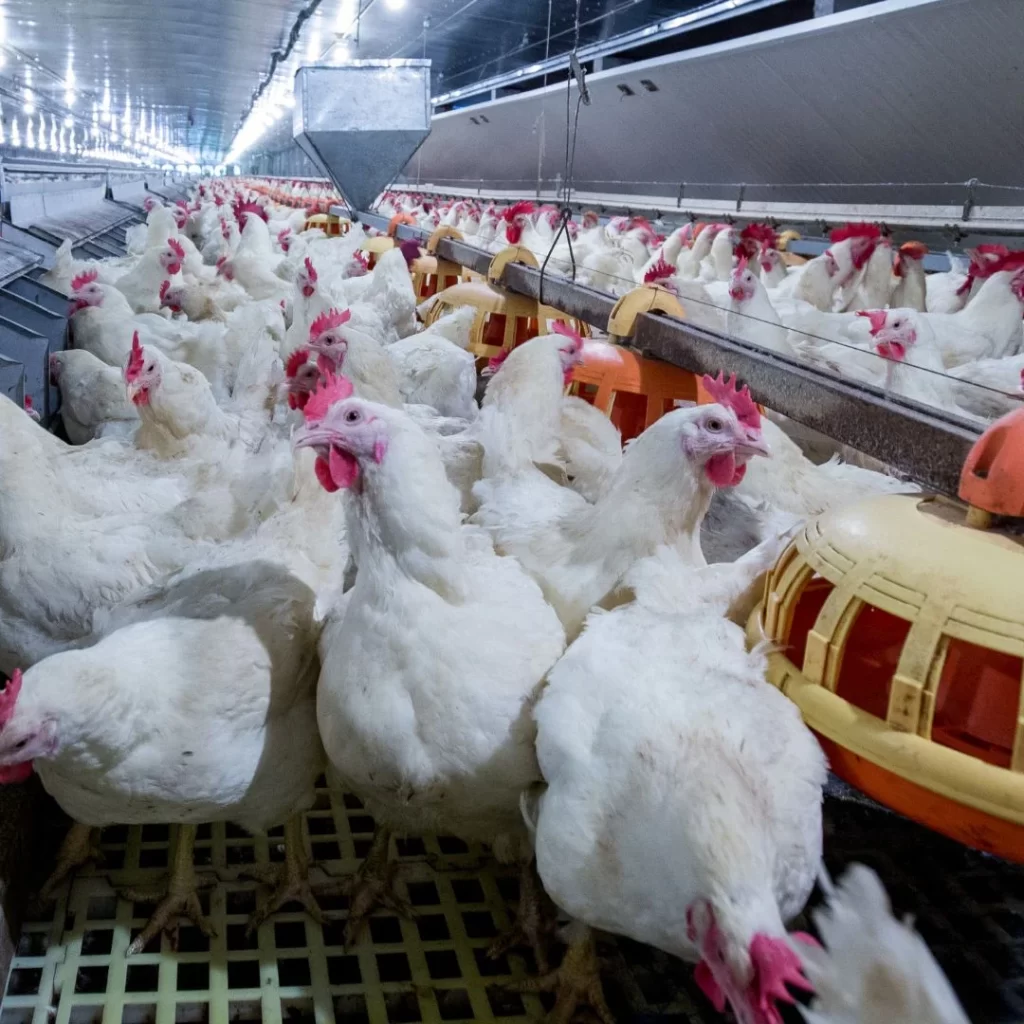Mycoplasma infections, particularly those caused by Mycoplasma gallisepticum (MG) and Mycoplasma synoviae (MS), pose significant challenges to poultry producers worldwide. These infections can lead to respiratory diseases, reduced egg production, and economic losses in commercial operations. Effective management and prevention strategies are essential to mitigate the impact of these infections on flock health and productivity.


Mycoplasma is transmitted vertically from infected parent stock or horizontally through contact with infected birds, equipment, or airborne transmission. Stressful conditions, poor climate control, and intercurrent infections with other pathogens can exacerbate clinical signs. In chickens, MG infections commonly manifest as chronic respiratory disease (CID), characterized by dyspnea, coughing, and decreased production performance. MS infections may result in weaker clinical signs but can still lead to growth retardation and decreased eggshell quality in layers.
Accurate diagnosis of mycoplasma infections is crucial for effective management. Serological tests such as LRA, ELISA, or IHA can detect antibodies, while culture and PCR are used for direct detection of the pathogen. PCR, in particular, offers early detection and is increasingly favoured due to its sensitivity and specificity.
While antibiotics can alleviate clinical signs, they do not eliminate mycoplasma infections, and birds remain carriers for life. Therefore, prevention and control strategies are paramount. Good biosecurity practices, including strict control of farm access, sanitation measures, and pest control, are essential to prevent the introduction of mycoplasma into poultry facilities. Vaccination can also be a valuable tool in managing mycoplasma infections and reducing their impact on flock health.
Vaccination plays a crucial role in mycoplasma control programs. Various vaccines are available on the market, offering protection against different strains of mycoplasma. These vaccines can be integrated into the vaccination program to provide immunity and reduce the severity of clinical signs. However, it’s essential to follow proper vaccination protocols and ensure that vaccines are administered correctly for optimal effectiveness.
Webinar Link: https://youtu.be/ZNKVhCJYlCU?si=auNOsvDCg839iGU3
To delve deeper into the complexities of mycoplasma infections in poultry and explore effective management strategies, Chembond Biosciences did a webinar titled “Understanding and Managing Mycoplasma Infections in Poultry.” This webinar will feature expert speakers discussing topics such as disease epidemiology, diagnostic methods, treatment options, and preventive measures. Attendees will gain valuable insights into current trends in mycoplasma management and practical strategies for safeguarding flock health.
In conclusion, mycoplasma infections pose significant challenges to poultry producers, but with proper understanding, proactive management, and effective preventive measures, the impact of these infections can be minimized, ensuring healthier flocks and sustained productivity in poultry operations.